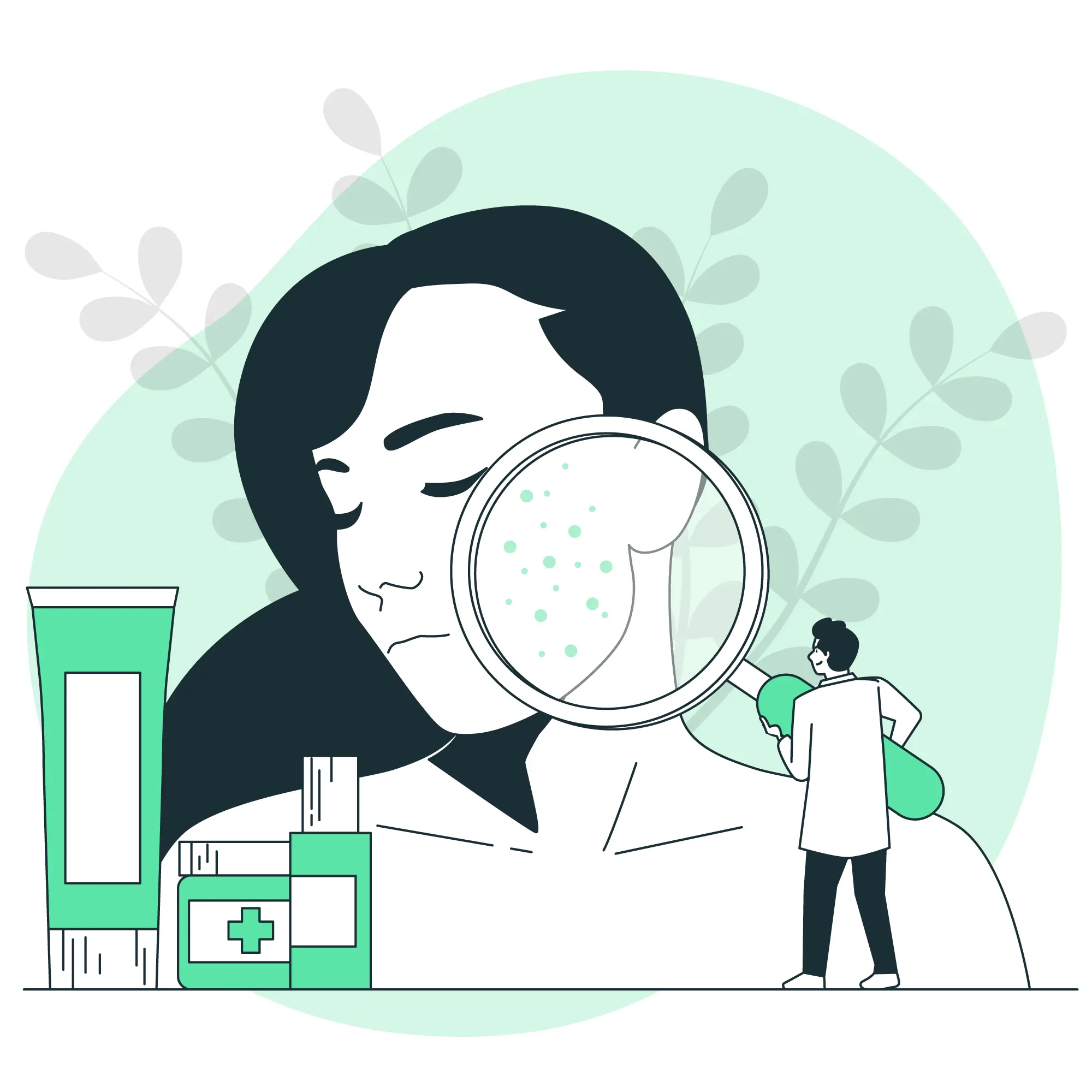Key Facts
- Prevalence: Intellectual disabilities affect approximately 12% of the global population, with an estimated 30 million people living with intellectual disabilities in India.
- Common Conditions: Down syndrome is one of the most recognized intellectual disabilities, occurring in 1 out of every 8001,000 live births in India.
- Early Intervention: Early identification and intervention are crucial in improving the quality of life for individuals with intellectual disabilities.
- Social Challenges: Stigma, lack of awareness, and limited access to specialized care create significant barriers to adequate support and integration in Indian society.
Overview
Intellectual disabilities (ID) are characterized by limitations in intellectual functioning and adaptive behaviours, affecting daily life skills and social interactions. Conditions like Down syndrome, Fragile X syndrome, and other developmental disorders fall under this category. These disabilities can range from mild to profound and often require long-term care and support.
In India, the cultural and social context significantly influences how intellectual disabilities are perceived and managed. Traditional views often associate disabilities with karma or fate, leading to marginalization and discrimination. However, growing awareness, legal frameworks like the Rights of Persons with Disabilities Act (2016), and advocacy are slowly improving the situation.
Symptoms and Patterns
Common Symptoms of intellectual disabilities include:
- Delayed Developmental Milestones: Children with ID may take longer to sit, crawl, walk, or talk.
- Learning Difficulties: Challenges in understanding and processing information, leading to difficulties in academic settings.
- Communication Issues: Difficulty in expressing needs, understanding language, or engaging in social interactions.
- Behavioral Challenges: Some individuals may exhibit repetitive behaviors, frustration, or difficulty adapting to new situations.
Patterns can vary widely depending on the severity of the disability. For instance, individuals with Down syndrome often have distinct facial features, lower muscle tone, and may face health complications like heart defects. Intellectual functioning varies from person to person, with some individuals requiring more support than others.
Risks and Protective Factors
Risks:
- Genetic Factors: Intellectual disabilities can be caused by genetic conditions, such as Down syndrome or Fragile X syndrome.
- Prenatal Factors: Exposure to alcohol, drugs, malnutrition, or infections during pregnancy can increase the risk of intellectual disabilities.
- Birth Complications: Oxygen deprivation during birth or premature birth can contribute to developmental delays.
- Postnatal Factors: Early childhood infections, severe malnutrition, or traumatic brain injuries can also lead to intellectual disabilities.
Protective Factors:
- Early Detection and Intervention: Screening during pregnancy and at birth can help identify conditions like Down syndrome early, allowing for timely interventions.
- Family Support: A nurturing and supportive home environment can significantly improve outcomes for children with intellectual disabilities.
- Access to Education and Therapy: Inclusive education, speech therapy, occupational therapy, and other specialized services can help individuals with ID develop essential life skills.
- Community Awareness: Reducing stigma and increasing awareness can lead to better social inclusion and access to resources.
Treatment and Care
Treatment for intellectual disabilities in India is multifaceted, involving medical, educational, and social interventions. Early intervention programs focusing on speech, occupational, and physical therapy are vital in promoting development.
Care for individuals with intellectual disabilities often requires a longterm commitment from families, healthcare providers, and communities. Parents and caregivers need to be equipped with the knowledge and skills to support their child’s development and wellbeing.
Educational programs should be tailored to the individual’s abilities, with a focus on life skills and social integration. Inclusive education is gaining traction in India, although challenges remain in ensuring adequate resources and trained personnel in schools.
Communitybased rehabilitation (CBR) programs, supported by NGOs and government initiatives, are critical in providing care in rural and underserved areas. These programs help bridge the gap between urban and rural healthcare systems and promote social inclusion.
Medicines
While intellectual disabilities themselves cannot be treated with medication, associated conditions and symptoms can be managed through medical interventions:
- Behavioral Issues: Medications such as antipsychotics or mood stabilizers may be prescribed to manage aggression, selfharm, or severe anxiety.
- Coexisting Conditions: Children with Down syndrome may need medications to manage thyroid dysfunction, heart problems, or gastrointestinal issues.
- Seizures: Antiepileptic drugs (AEDs) are often prescribed for individuals with intellectual disabilities who also experience seizures.
Note : Medication should be part of a broader care plan, monitored by healthcare professionals to assess effectiveness and minimize side effects.
Psychological and Psychosocial Interventions
Psychological and psychosocial interventions are essential in supporting individuals with intellectual disabilities and their families. Common approaches include:
- Behavioral Therapy: Applied Behavior Analysis (ABA) and other behavioral interventions help develop positive behaviors and reduce challenging ones.
- Social Skills Training: Programs that focus on improving communication, social interactions, and daily living skills are crucial for enhancing independence.
- Family Counseling: Providing psychological support to families helps them cope with the challenges of caring for a loved one with intellectual disabilities.
- Peer Support Groups: Connecting with other families and individuals facing similar challenges can reduce feelings of isolation and provide valuable insights and support.
In the Indian context, integrating culturally relevant practices, such as yoga, meditation, and communitybased activities, can complement traditional interventions and promote holistic wellbeing.
Conclusion
Addressing intellectual disabilities in India requires a comprehensive approach that encompasses medical care, early intervention, education, and social support. By reducing stigma, increasing awareness, and improving access to specialized services, individuals with intellectual disabilities can lead fulfilling lives and contribute to society. With continued efforts from the government, NGOs, and communities, the future for individuals with intellectual disabilities in India can be one of inclusion and opportunity.


